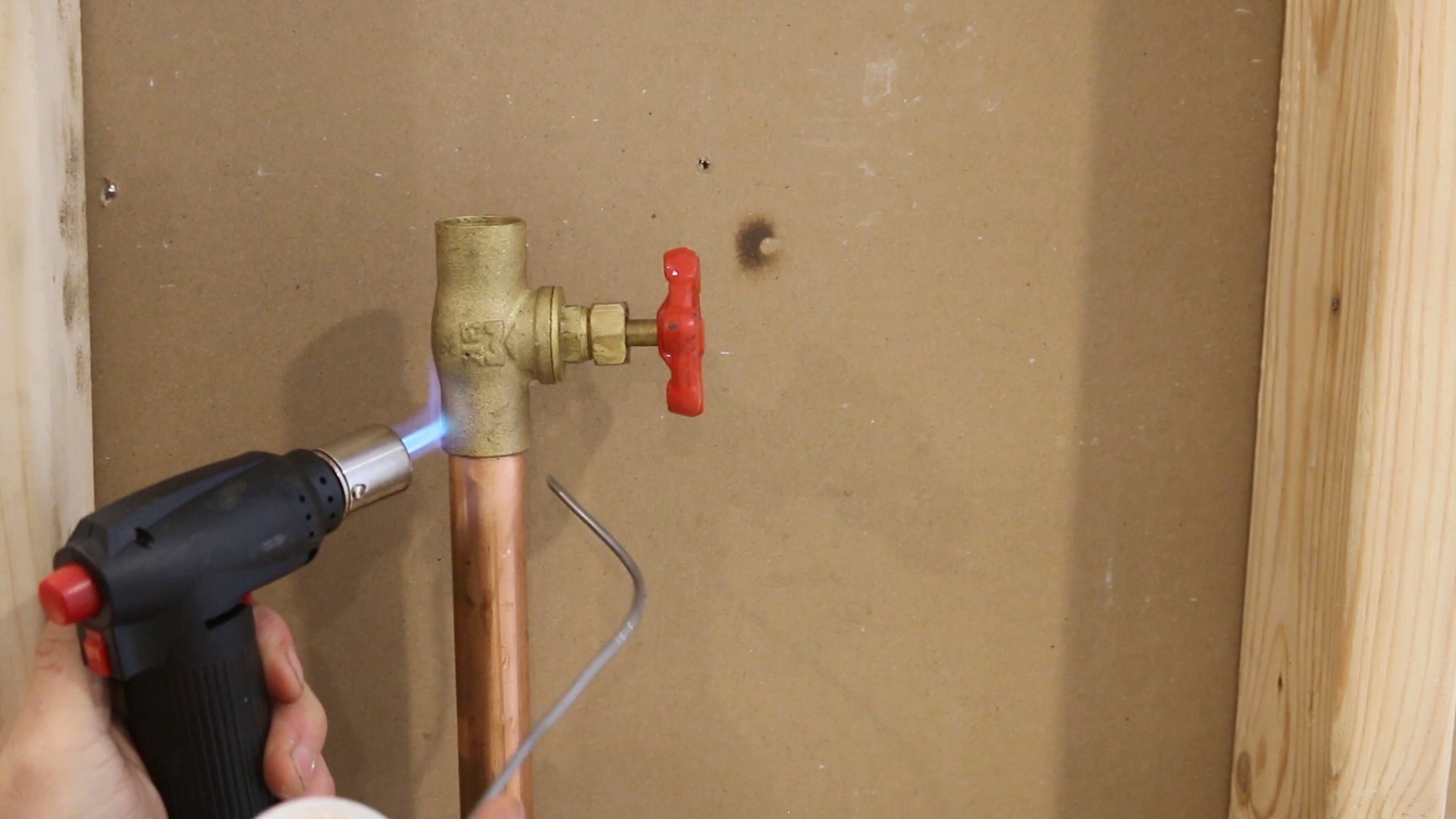Learning Pipe Winterization: Five Key Hacks to Use in Frigid Temperatures
Learning Pipe Winterization: Five Key Hacks to Use in Frigid Temperatures
Blog Article
The content down below involving How to Prevent Frozen Pipes is indeed stimulating. Don't overlook it.

All home owners who live in warm environments must do their best to winterize their pipelines. Failure to do so can spell catastrophe like icy, broken, or ruptured pipes.
Switch on the Faucets
When the temperature level decreases as well as it seems as if the cold temperature level will last, it will aid to activate your water both indoors as well as outdoors. This will certainly keep the water streaming via your plumbing systems. In addition, the motion will certainly slow down the freezing procedure. Especially, there's no need to transform it on full blast. You'll end up losing gallons of water this way. Instead, aim for regarding 5 drops per minute.
Open Cabinet Doors Hiding Plumbing
When it's chilly outside, it would certainly be handy to open closet doors that are camouflaging your pipelines. Doing this small method can maintain your pipelines cozy and also limit the potentially unsafe end results of freezing temperatures.
Take Time to Wrap Exposed Pipes
One clever as well as easy hack to heat up cold pipelines is to cover them with cozy towels. You can additionally utilize pre-soaked towels in hot water, just don't fail to remember to wear protective handwear covers to guard your hands from the warm.
Try a Hair Clothes Dryer or Heat Gun
When your pipes are almost freezing, your trusty hair dryer or heat gun is a blessing. Bowling hot air directly right into them might help if the hot towels do not help displace any working out ice in your pipelines. Nonetheless, do not make use of other items that create direct fires like a strike torch. This can result in a larger disaster that you can not manage. You might wind up damaging your pipelines while trying to melt the ice. And also in the long run, you might even end up melting your house. Beware!
Shut Off Water When Pipes are Frozen
If you observe that your pipelines are entirely icy or nearly nearing that stage, transform off the major water shutoff right away. You will typically discover this in your cellar or laundry room near the heating system or the front wall surface closest to the street. Turn it off right now to prevent more damages.
Do not fail to remember to close exterior water sources, as well, such as your connection for the yard house. Doing this will protect against added water from filling out your plumbing system. Unfortunately, with even more water, more ice will pile up, which will eventually result in rupture pipelines. It is best to call a specialist plumber for an inspection if you are uncertain concerning the state of your pipelines this winter months. Taking this positive technique can conserve you thousands of dollars in repairs.
All property owners who live in pleasant climates must do their best to winterize their pipes. Failing to do so can lead to catastrophe like frozen, split, or burst pipelines. If the warm towels do not help dislodge any kind of clearing up ice in your pipelines, bowling hot air directly right into them might help. Transform off the main water shutoff promptly if you observe that your pipes are entirely frozen or almost nearing that phase. With even more water, more ice will certainly pile up, which will at some point lead to rupture pipes.
How to Prevent Frozen Pipes This Winter: A Simple Guide
Have you ever dealt with frozen pipes in the winter? If so, you know what a pain they can be. When water freezes, it expands. This expansion puts a huge amount of pressure on your pipes and it can cause pipes to burst, making a huge mess of your home.
If they don’t burst, they may crack. This is a less noticeable problem, but it’s still a big deal. As water leaks, your home will accumulate moisture which leads to mold and mildew.
Do you know how to prevent frozen pipes to protect your home? Let’s talk about it. Keep reading for our brief guide for avoiding frozen pipes.
Keep Cabinet Doors Open
When it gets too cold outside it’s a good idea to leave the cabinet doors in your bathroom and kitchen open.
Why is that?
You want as much heat as possible to get to the pipes. The cabinets are dark and cold and they don’t get any air circulation. This makes the pipes more likely to freeze.
When you let the warm air from the rest of the house circulate around the pipes, it keeps them safe.
Apply Heat Tape and Insulation
It’s a good idea to insulate your pipes during the winter. There are several ways to do this on your own.
You can buy pipe insulators. They’re easy to attach to your pipes and easy to remove when the water gets warmer. They look like thick foam and they keep your pipes warm enough to not burst.
You can also apply heat tape (or insulation tape). These are self-adhesive so they’re easy to place and remove as well.
Know When to Call a Plumber
So what if you’ve already done these things but you’re still unsure if it’s enough? What if your pipes have already cracked or burst?
This is when it’s time to contact a plumbing professional.
They know how to prevent frozen pipes and manage pipes that are already frozen before they pose a problem. In the event of a cracked pipe, they can fix that as well.
https://www.mcwilliamsandson.com/blogs/how-to-prevent-frozen-pipes-this-winter-a-simple-guide

I was made aware of that write-up about How to Prevent Frozen Pipes from a friend on our other web property. You should take the opportunity to share this blog posting if you enjoyed it. I am grateful for your time. Come back soon.
Free Estimate Report this page